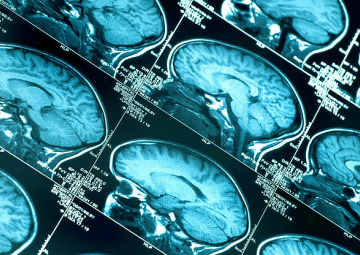Principal Investigator
Régis Bordet
Department of Pharmacology,
University of Lille,
INSERM
U1171, 59045 Lille, France.
regis.bordet@univ-lille2.fr
Summary
| Country | France |
|---|---|
| Principal Investigator | Régis Bordet |
| Contact person (email) | regis.bordet@univ-lille2.fr |
| Key publication/reference | Ducroquet et al. Stroke 2013;44:2324-2326 Clinicaltrial.gov: NCT00763217 |
| Years in which study conducted | 2005-2015 |
| Sample | |
| Size | 477 included patients/210 patients reviewed or assessed by phone at 5 years |
| Population: Hospital/community | Hospital |
| Selection: consecutive/random | Consecutive |
| Admit with previous stroke? | Yes |
| Admit with TIA? | Yes |
| Age range | 53-80 |
| Number of centres | 1 |
| Control group: number, population, selection | No |
| Assessment | |
| Initial: Time and data collected/tests administered | Within 7 days: MedHx, VRF, MRI, plasma analysis, MMSE, IQCODE, CT |
| Detailed | (initial) |
| Subsequent (follow-ups) | 3m: function, IQCODE, MMSE 5 years: extensive NΨ; biological samples |
| Stroke-related data | NIHSS , TOAST |
| Functional tests/data | Modified Rankin Scale, Barthel Index |
| Other medical tests/data | Plasma biomarkers (vascular, inflammation, trophic factors, AD markers); DNA |
| Neuropsychological tests | Test battery, MoCA |
| MRI scans, when and how many | Initial, 5 year |
| PET scans | No |
| Psychiatric exams/diagnoses | Depression (CES-D), apathy (Lille Apathy Rating Scale), anxiety (Hamilton Anxiety Scale), fatigue |
| Intervention trialled? | No |
CT=computed tomography scan, MedHx=medical history, VRF=vascular risk factors (hypertension, diabetes, atrial fibrillation, obesity, smoking etc.), NΨ=neuropsychological, TIA=transient ischemic attack, m=month, y=year




